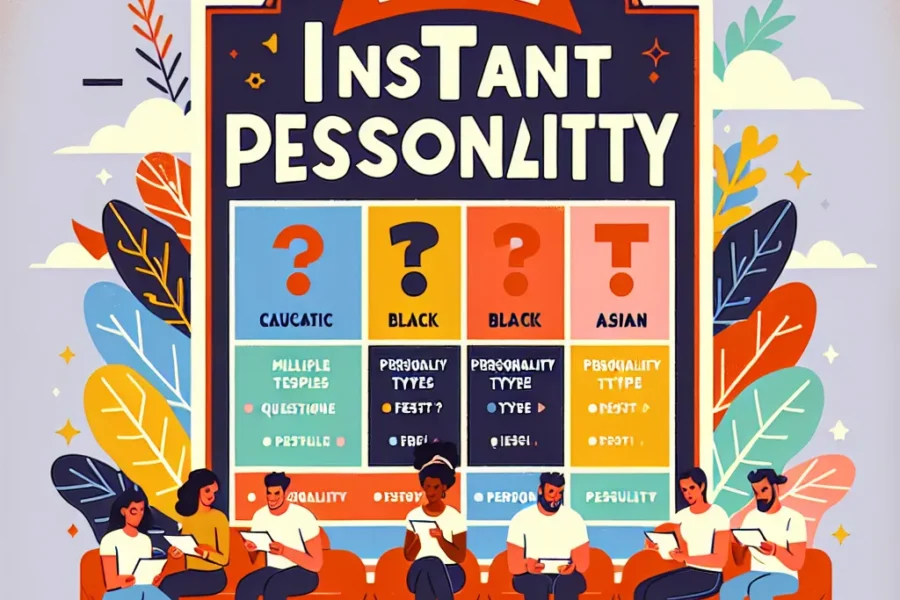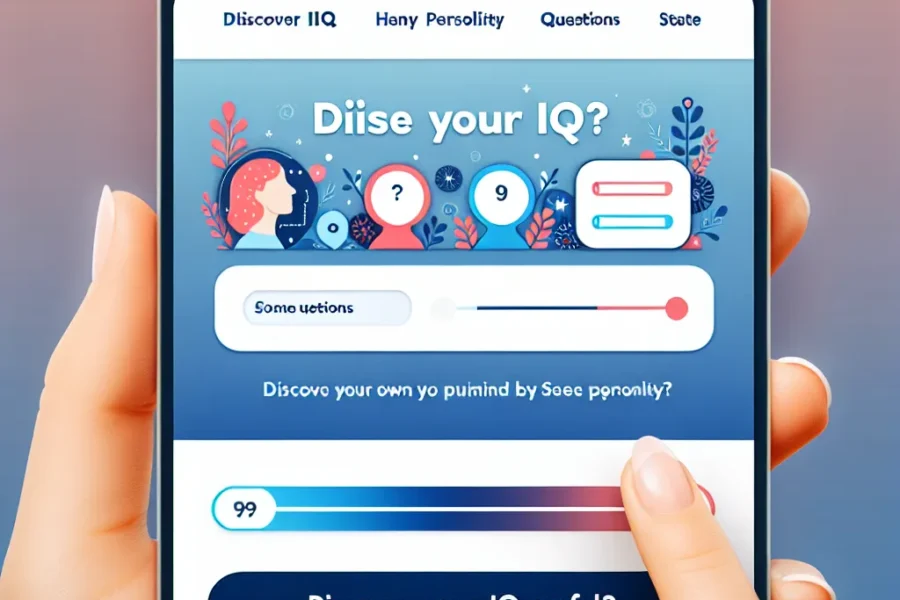When it comes to understanding ourselves better, there are a plethora of tools at our disposal. One such resource that has caught the attention of many is precisionpersonality.online—a platform heralded for its incredibly accurate and free personality test. However, while knowing your personality type provides insightful information into your behavioral patterns and preferences, there is another aspect of self-knowledge that often piques interest: intelligence. The quest to measure one’s intellectual capabilities has led to the development of the Intelligence Quotient (IQ) test, a standard assessment that aims to gauge cognitive abilities.
For adults seeking to explore and understand their intellectual prowess without the commitment of fees or in-person evaluation, free online IQ tests have become a valuable resource. These tests are designed to offer a convenient way to measure core elements of intelligence, with results that can provide a ballpark figure of where one stands on the IQ scale.
One might wonder about the legitimacy and efficacy of these free online assessments. While it’s true that official IQ testing often involves a formal setting with a trained psychologist, free IQ tests available on the internet can still serve as an informative starting point for those curious about their intellectual capabilities.
Typically, an IQ test evaluates various cognitive abilities including logical reasoning, problem-solving, mathematical skills, spatial recognition, pattern recall, and vocabulary comprehension. These tests are formulated in such a way that they assess the person’s ability to think abstractly and apply knowledge to new situations—a cornerstone of what we consider as intelligent behavior.
Free IQ tests and results for adults operate on a similar premise. These exams challenge test-takers with a series of questions varying in difficulty and complexity, designed to test the brain’s processing speed and agility. Upon completion, individuals are provided with a score that typically falls on a standardized IQ scale, where the average score is set at 100. Scores substantially higher than 100 indicate above-average intelligence, while scores below point to below-average intelligence.
The beauty of a free IQ test lies not only in its cost (or lack thereof) but also in its accessibility and convenience. Adults looking to take such a test can do so from the comfort of their own homes, at a time that suits them best. Moreover, the results can be received almost instantly—an attractive feature for those eager to learn more about their cognitive capacities without delay.
In order to ensure more accurate results, it’s recommended that individuals approach these free tests in a manner similar to how one would approach any standardized test—by selecting a quiet environment free from distractions, fully rested, and with ample time to complete the test without rush. This can help replicate the conditions under which more formal, supervised IQ tests are administered, thus potentially yielding a more precise representation of one’s true intellectual ability.
On the topic of accuracy, it is important to acknowledge that results from free IQ tests should be taken with a grain of salt. While they can provide insights and a rough estimation, these tests are unlikely to capture the full complexity of an individual’s intelligence. Comprehensive, professional IQ testing can take into account factors like emotional intelligence, creativity, and practical problem-solving—traits that online tests may not be able to assess fully.
Furthermore, it is essential to know that an IQ score is not the be-all and end-all determinant of an individual’s abilities or potential for success. Intelligence is a multi-faceted concept, and a high IQ does not necessarily equate to success, just as a lower IQ does not signify failure. Adults should view their results as one piece of the larger puzzle that makes up their unique skill set and character.
After taking a free IQ test and reviewing their results, adults who wish to engage in a deeper exploration of their cognitive strengths and weaknesses might consider pursuing further testing or consulting with a psychologist. For those looking for more tailored feedback on their cognitive skills, detailed evaluations can offer comprehensive insights that might inform educational choices, career decisions, and personal development strategies.
In conclusion, free IQ tests serve as an accessible tool for adults to measure a specific aspect of their intelligence. Although perhaps not as nuanced as professional assessments, they provide a useful indication of one’s cognitive abilities. As online resources continue to evolve and improve, the potential for these free tests to become more sophisticated and reliable grows, broadening the horizons for curious minds seeking to map the contours of their intellect. It’s a journey well worth embarking upon, providing adults with a snapshot of their brains’ gymnastics—the processes behind every decision, thought, and learning experience shaping their personal and professional lives.



Leave a Comment